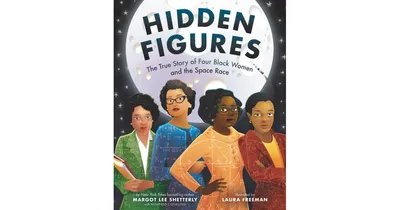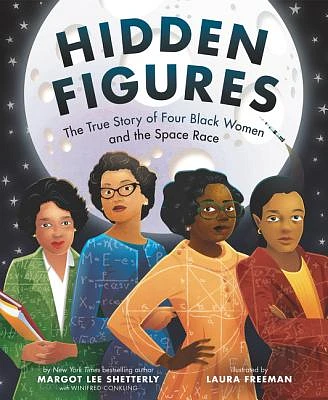Home
For the Freedom of Her Race: Black Women and Electoral Politics Illinois, 1877-1932
Loading Inventory...
Barnes and Noble
For the Freedom of Her Race: Black Women and Electoral Politics Illinois, 1877-1932
Current price: $39.95


Barnes and Noble
For the Freedom of Her Race: Black Women and Electoral Politics Illinois, 1877-1932
Current price: $39.95
Loading Inventory...
Size: Paperback
*Product Information may vary - to confirm product availability, pricing, and additional information please contact Barnes and Noble
Grounded in the rich history of Chicago politics,
For the Freedom of Her Race
tells a wide-ranging story about black women's involvement in southern, midwestern, and national politics. Examining the oppressive decades between the end of Reconstruction in 1877 and the election of Franklin Delano Roosevelt in 1932a period that is often described as the nadir of black life in AmericaLisa Materson shows that as African American women migrated beyond the reach of southern white supremacists, they became active voters, canvassers, suffragists, campaigners, and lobbyists, mobilizing to gain a voice in national party politics and elect representatives who would push for the enforcement of the Reconstruction Amendments in the South.
For the Freedom of Her Race
tells a wide-ranging story about black women's involvement in southern, midwestern, and national politics. Examining the oppressive decades between the end of Reconstruction in 1877 and the election of Franklin Delano Roosevelt in 1932a period that is often described as the nadir of black life in AmericaLisa Materson shows that as African American women migrated beyond the reach of southern white supremacists, they became active voters, canvassers, suffragists, campaigners, and lobbyists, mobilizing to gain a voice in national party politics and elect representatives who would push for the enforcement of the Reconstruction Amendments in the South.

















